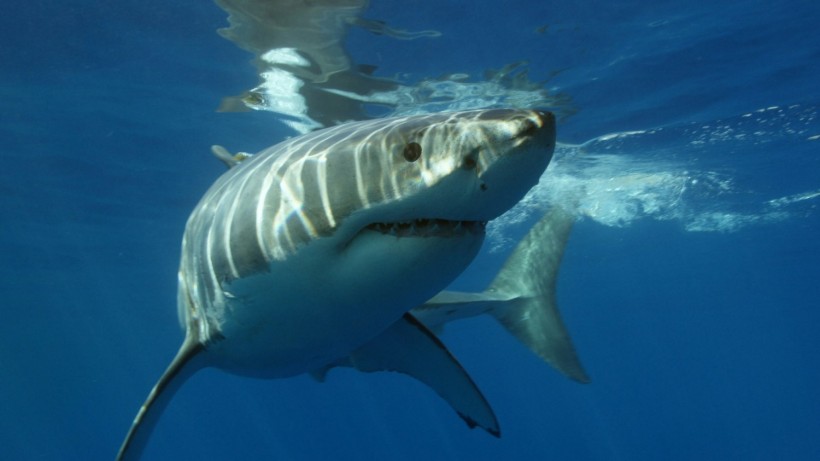[ad_1]
Shark meat is a seafood delicacy in some parts of the world, where the consumption of flesh from different shark species is legal. This means that some countries ban the catching and selling of shark flesh for reasons relating to conservation and health reasons. After all, some species of sharks are not edible for human consumption since their meat can be toxic or poisonous once digested.
In Australia, a new study led by researchers from Macquarie University in Sydney showed that “mislabelled” shark meat is prevalent or common in the country’s fish markets and shops nationwide.
The findings of the study found that the majority of shark flesh being sold in the Australian market is frequently incorrect and includes meat from threatened species of sharks.
Shark Meat in Australia
![Shark Meat: 70% of Shark Flesh ‘Mislabelled’ in Australian Fish Markets and Seafood Shops [Study] Shark Meat: 70% of Shark Flesh ‘Mislabelled’ in Australian Fish Markets and Seafood Shops [Study]](https://1471793142.rsc.cdn77.org/data/images/full/70523/shark-meat-70-of-shark-flesh-mislabelled-in-australian-fish-markets-and-seafood-shops-study.jpg?w=820)
Based on a research paper published in the journal Marine and Freshwater Research in March 2024, 70% of shark meat being sold in the nation’s fish markets and seafood shops are mislabelled, as mentioned earlier.
According to the study’s findings, there is an ineffectiveness of seafood labeling in Australia and there are grave implications both for consumers and shark conservation.
While the status of the global shark population varies per species, the marine predators are facing risks both from natural and anthropogenic factors.
As per wildlife experts, shark populations globally are in rapid decline. In recent years, studies have found that ocean warming in the context of climate change is affecting sharks due to the disruption of the food chain that they belong to.
Also Read: What is Uristen Shark? People Look For Answers After Seeing Real Life Encounter in Maldives [WATCH]
Shark Populations
Shark populations are currently in danger around the world since some species grow relatively slow and take many years to mature, as well as produce few young sharks. Due to this circumstance, some sharks like porbeagles are vulnerable to overexploitation, according to the World Wildlife Fund (WWF).
This threat is in addition to the impact of global warming and ocean acidification.
In terms of human-induced threats, overfishing and illegal fishing of sharks for their fins are significant contributors to the depletion of the marine animals’ populations worldwide, the WWF says. Furthermore, since shark fins are often used to make Asian soup, the overexploitation of the animals has impacted many shark species, as observed by experts in previous years.
Shark Finning
For instance, bycatch poses a risk to shark biodiversity on Earth. According to the Convention on the Conservation of Migratory Species (CMS), approximately 70 million sharks are killed by humans every year, mainly due to commercial and recreational fishing. Aside from shark flesh, the ocean predators are also hunted for their liver oil, cartilage skeletons, and skins for leather.
Aside from sharks, other sea creatures such as whales are also affected by excessive fishing and exploitation within the seafood industry and other areas. Still, the demand for shark meat is still increasing even as of 2024, according to a separate study on anti-finning laws reported earlier this year.
Related Article: Great White Sharks Observed for the First Time Changing Their Behavior in Different Marine Environments [Study]
© 2024 NatureWorldNews.com All rights reserved. Do not reproduce without permission.
[ad_2]




